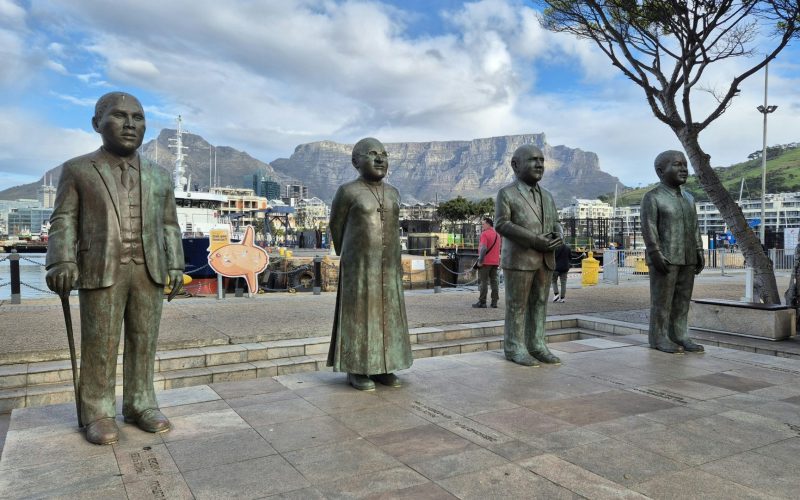While courts are a critical player at these intersecting fault lines, the role of the judiciary has frequently been understated or marginalised in the African Peer Review Mechanism (APRM). An ‘independent judiciary ’ is only explicitly listed in the APRM as a component of the separation of powers; this narrowing of the role of the judiciary obscures the potential contributions an independent and assertive judiciary can make across all major subcategories of ‘good political governance’. Beyond conflict resolution, the judiciary is responsible for the protection and promotion of civil, political and socioeconomic rights, and should be at the forefront of combatting corruption. There are also important roles for the judiciary to play in relation to policy problems such as land rights and provision of basic services. The far-reaching, intersecting roles of the judiciary in securing good political governance have been underplayed in both the Country Self-Assessment Reports (CSARs) and Country Review Reports (CRRs).
Although elements of weak judicial independence are catalogued, concrete action items and benchmarked goals appear meagre and vague at best. The tendency is to focus on negative aspects of judicial independence, which is a necessary but not sufficient condition for an assertive and autonomous judiciary. Identifying the supportive or enabling conditions for judicial assertiveness beyond formal technicalities will enhance the APRM process and offer more detailed substance beyond the aspirational overarching goals and recommendations. In response to these issues, this paper seeks to identify gaps between, and within, the APRM CSARs and CRRs as they relate to judicial independence, protection of rights and separation of powers. The APRM findings from Uganda, Lesotho and Tanzania are analysed in relation to existing knowledge and literature on judicial independence. Ways in which the APRM questionnaire and assessment could be adjusted to broaden analysis and understanding of judicial independence and power are also outlined.







